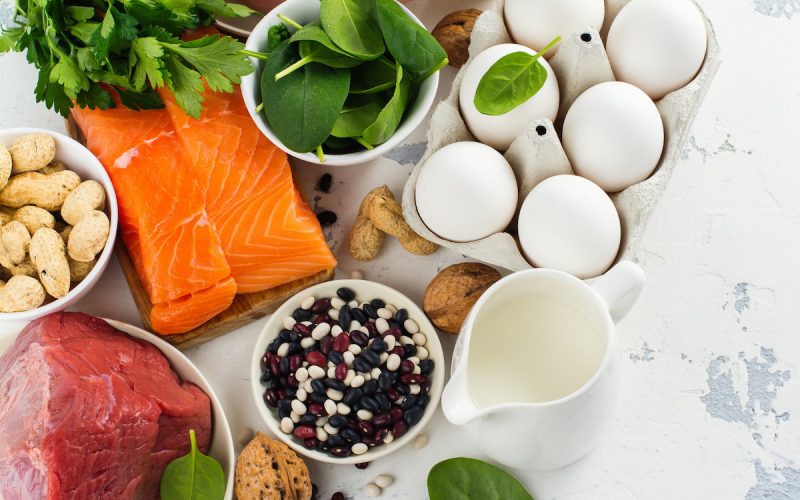A salute to our farmers, on land and sea
“There is a palpable growing appreciation of our farmers, both on land and sea, who continue to toil outdoors, so we can safely nourish indoors.”
Commentary
By Fabian Dawson
SeaWestNews
In these days of self-isolation and social distancing triggered by the COVID-19 crisis, many of us are spending more time in our kitchens, dusting off old family recipes and reacquainting with long-hidden culinary contraptions.
We are also scrutinising the journey of the milk, meat, fish and produce to our plates, because much of what we have taken for granted is suddenly in short supply.
Like never before, the COVID-19 crisis has triggered a deeper look at our food system, the supply chain and a rethink of basic assumptions as to the origins and sustainability of our food.
More importantly, there is a palpable growing appreciation of our farmers, both on land and sea, who continue to toil outdoors, so we can safely nourish indoors.
“No need for organic…if it is from B.C. it is good enough,” were the potato instructions on one of my recent masked-trips to the local grocer.
In British Columbia, the value of our primary production from agriculture, aquaculture, commercial fisheries and the processing of food and beverages is about $15 billion annually.
B.C.’s farmers grow well over 200 commodities, leading the nation in sales from blueberries to Brussel sprouts, watermelons to mushrooms and Atlantic salmon.
Total livestock receipts, from the sale of cattle, hogs, poultry, eggs, dairy, honey and other animals and animal products increased by 4.7% to $1.61 billion in 2018.
The province’s food and beverage processing sector is the second largest manufacturing sector in the province after forestry (wood and paper) generating $10.21 billion in sales in B.C.
Behind these impressive numbers are stringent rules and policies, that have made our brand, in B.C. and Canada, the envy of the world.
Like most everything else that has plagued the planet, we expect this health crisis too will pass.
In its wake, we can also expect the conversation about our food, where it comes from and how it is processed, to evolve.
In terms of food systems, this (crisis) will likely lead many to call for greater regional self-sufficiency as a response to the perceived fragility of the globalization of agri-food systems, states Evan Fraser, director of Arrell Food Institute at the University of Guelph.
“In some ways, this could spark a reinvestment in Canadian farms, food processors and our rural economies that have been declining for decades.”
For this to happen, we need to look past the myths and falsehoods perpetuated by a vocal few against our farmers, that studies say have left B.C. consumers in a fog of confusion.
This is also a good time for our farmers and their associations to reach out and reinforce the buy B.C. message that will enhance a sustainable harmony between local needs and global wants.
Like always, Canadians will triumph over this adversity by sticking together and learning from each other.
The legacy is what we will learn from it and how we will use it.
In the meantime, as you spend more hours in your kitchen, grab one of those unused pans, head out to the balcony at 7 p.m. and bang away your appreciation for those in the frontlines of the war against COVID-19.
While there, throw in a couple of clangs and claps as a salute to our farmers.
Image credited to Total Shape

